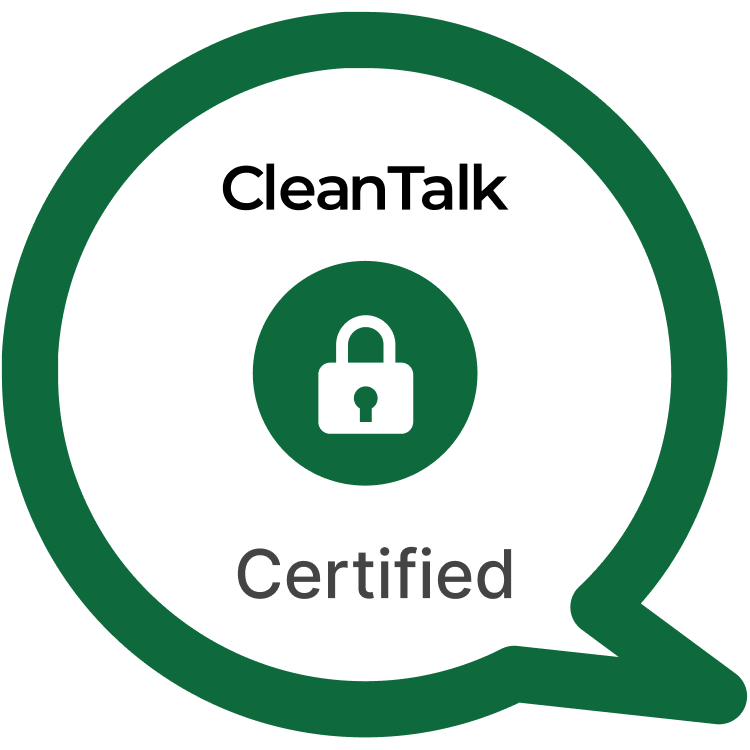WP Statistics is the leading privacy-focused analytics plugin for WordPress, offering site owners complete data control without relying on third-party services like Google Analytics. With full GDPR, CCPA, and PECR compliance out of the box, this plugin ensures users can collect vital website insights without compromising visitor privacy or ownership of their data.
All analytical data is stored locally in your own WordPress database, eliminating the need for external accounts or cookies. As a result, WP Statistics offers cookie-less tracking, no personally identifiable information (PII) by default, and respects “Do Not Track” (DNT) signals — making it the perfect choice for data-responsible site owners.
To validate its commitment to secure coding and data protection, WP Statistics has undergone an independent security audit and successfully received the Plugin Security Certification (PSC-2025-64573) from CleanTalk, guaranteeing it meets strict WordPress security standards.

